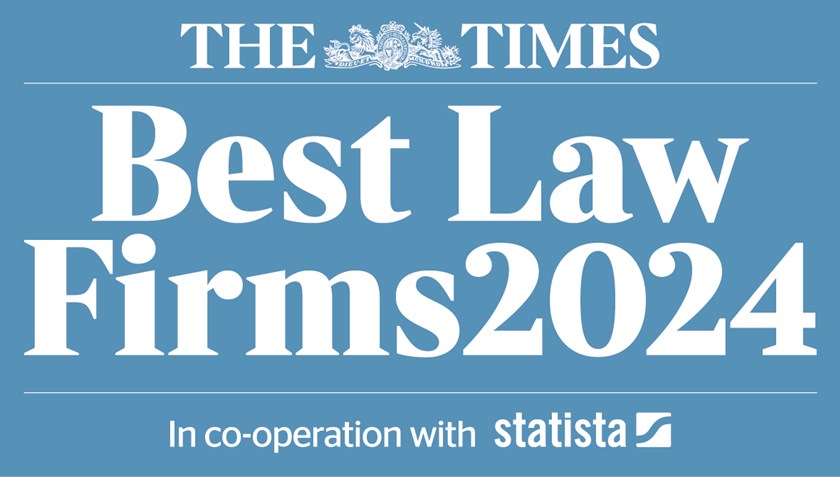"Stronger charities for a stronger society": the Government responds to the House of Lords Committee's report
News

In March 2017, the House of Lord Select Committee on Charities published its report on the voluntary sector, "Stronger charities for a stronger society", which we summarised in an article published in May. The Committee's report covered a variety of topics, including:
- improving charity governance and accountability;
- funding: grants, contracts and commissioning;
- supporting sustainability; and
- regulation and the role of government.
The Government has now issued a response to the report.
Some of the Committee's recommendations were not directed at the Government, but at organisations such as infrastructure bodies, the Charity Commission and the Governance Code Steering Group. Understandably, the Government has little to say about those recommendations, though in several places it endorses the new Governance Code and encourages charities to adopt it as a matter of best practice.
The response to the recommendations made directly to central Government are vague, as is usually the case in this type of document. The Government points out the steps it is already taking and intends to continue, but the paper is short on information about new initiatives. The Government also brushes some of the Committee's concerns aside (such as the need for public sector contracts to cover charities' core costs) by stating that they are – in some ambiguous fashion – covered by existing legislation.
That said, the Government acknowledges the validity of many of the Committee's observations and explains that some of its findings will inform the Government's forthcoming Civil Society Strategy. For instance, the Committee conveyed concerns about the disadvantages faced by smaller charities in bidding for public sector contracts, such as the tendency for commissioning bodies to set contracts at a scale unachievable for smaller charities and the risk of smaller charities being exploited by larger organisations through the commissioning and subcontracting process. Whilst shying away from accepting the Committee's recommendations on these matters – for example, that the Government should promote the development of voluntary sector bidding consortia – the response explains that last Parliament's Civil Society Implementation Group looked into these areas and that its work will feed into the new Strategy. In the context of the Committee's suggestions on revitalising Compacts between the charity sector and central/local government, the Government comments that the Civil Society Strategy offers an opportunity to investigate how to strengthen partnership between the sector and governmental bodies. A similar response is offered to the Committee's observation that "[poor] consultation and ill-thought-through policy proposals have caused serious unease and disruption to the work of charities".
Finally, although there is not space in this article to explore the response document in detail, it is worth mentioning that one of the Committee's recommendations touched on charities' concerns about the impact of Brexit. The Government replies: "We ... are listening to the concerns and priorities of civil society organisations, including on the potential for continuation of funding and collaboration. The Office for Civil Society will keep working across departments to ensure that the views of civil society organisations are represented in the negotiations".
It is to be hoped, then, that the promised Civil Society Strategy will addresses some of the points made by the Committee, and that the Government will take account of the interests of charities when forging a deal with the EU.
The paper responds to all 43 of the Committee's recommendations. If you wish to read it in full, you can find it on Parliament's website.
If you require further information on anything covered in this briefing please contact Rachel Holmes your usual contact at the firm on 020 3375 7000.
This publication is a general summary of the law. It should not replace legal advice tailored to your specific circumstances.
© Farrer & Co LLP, December 2017






